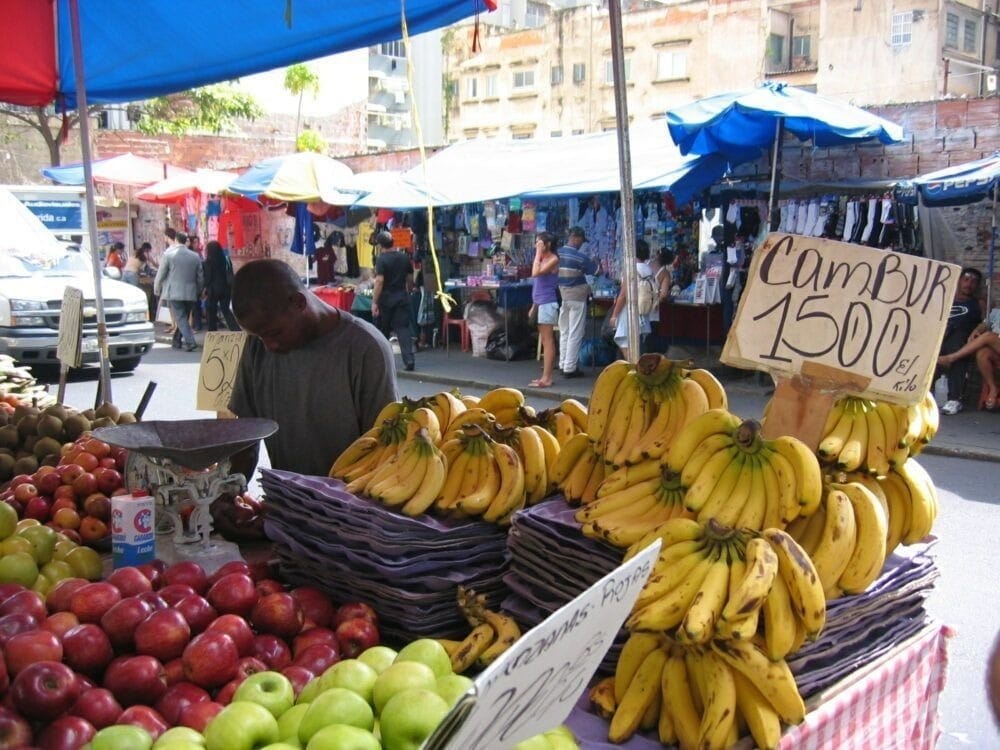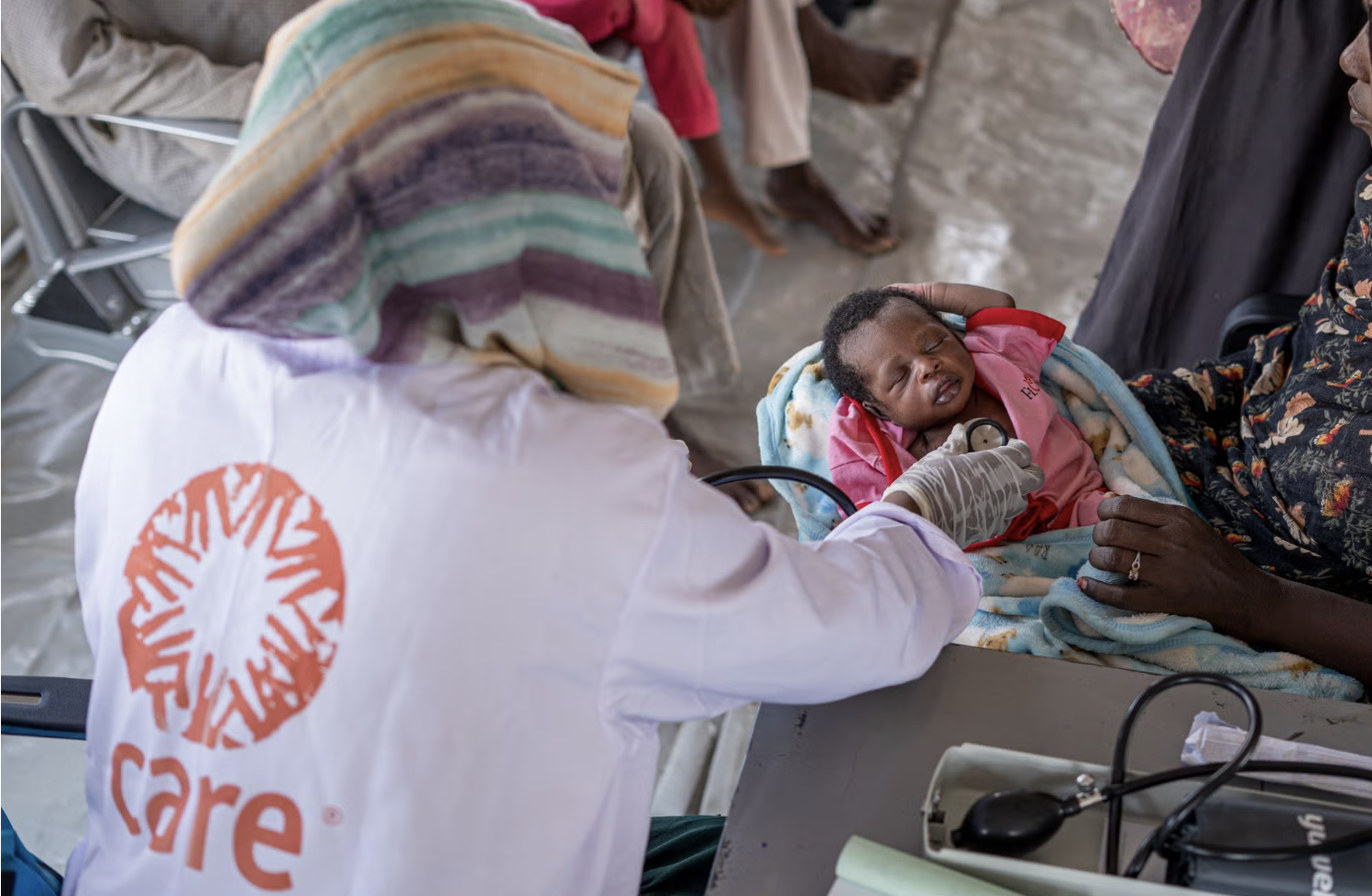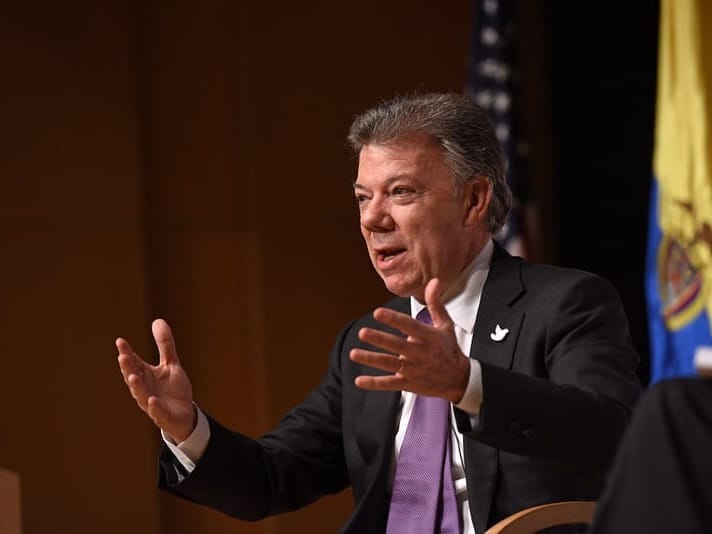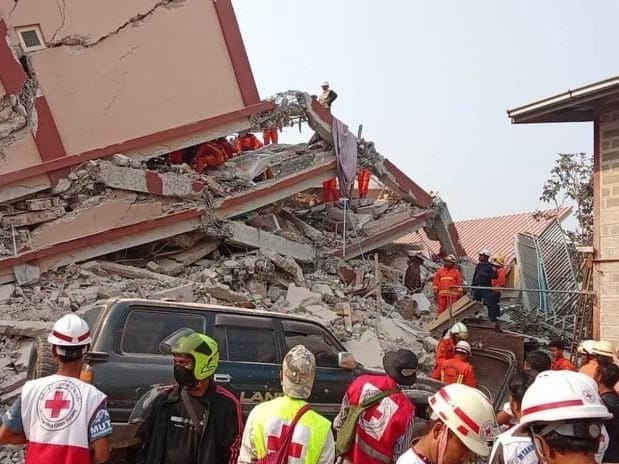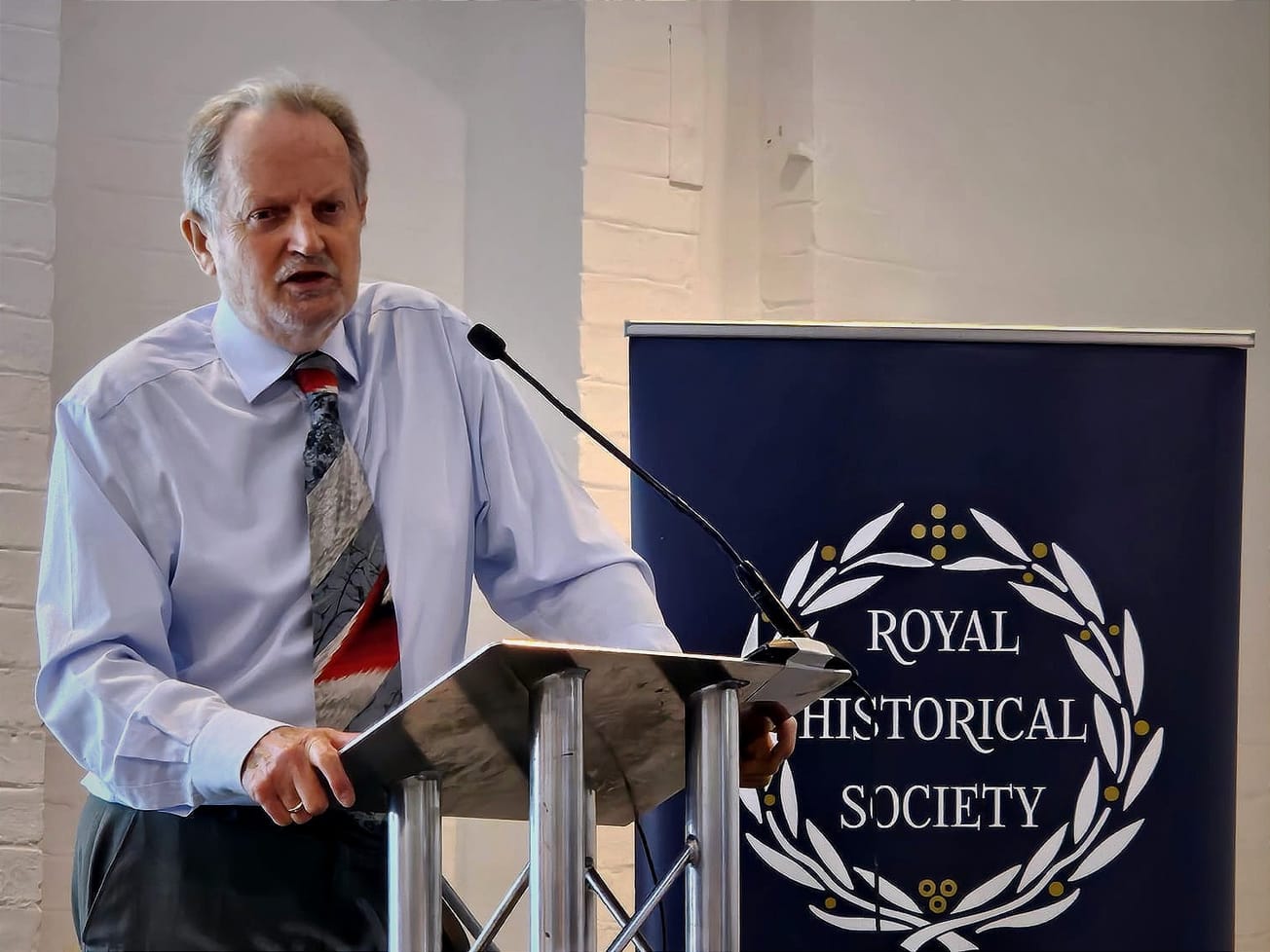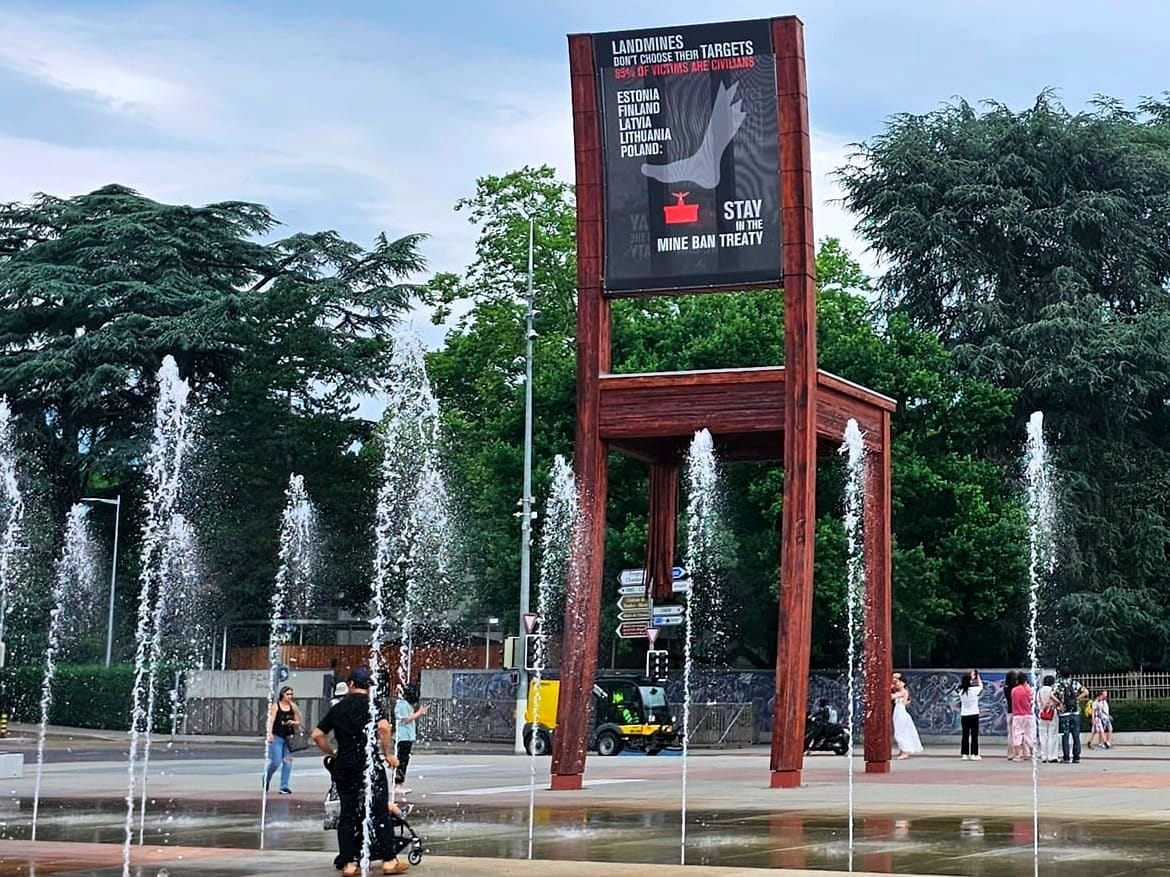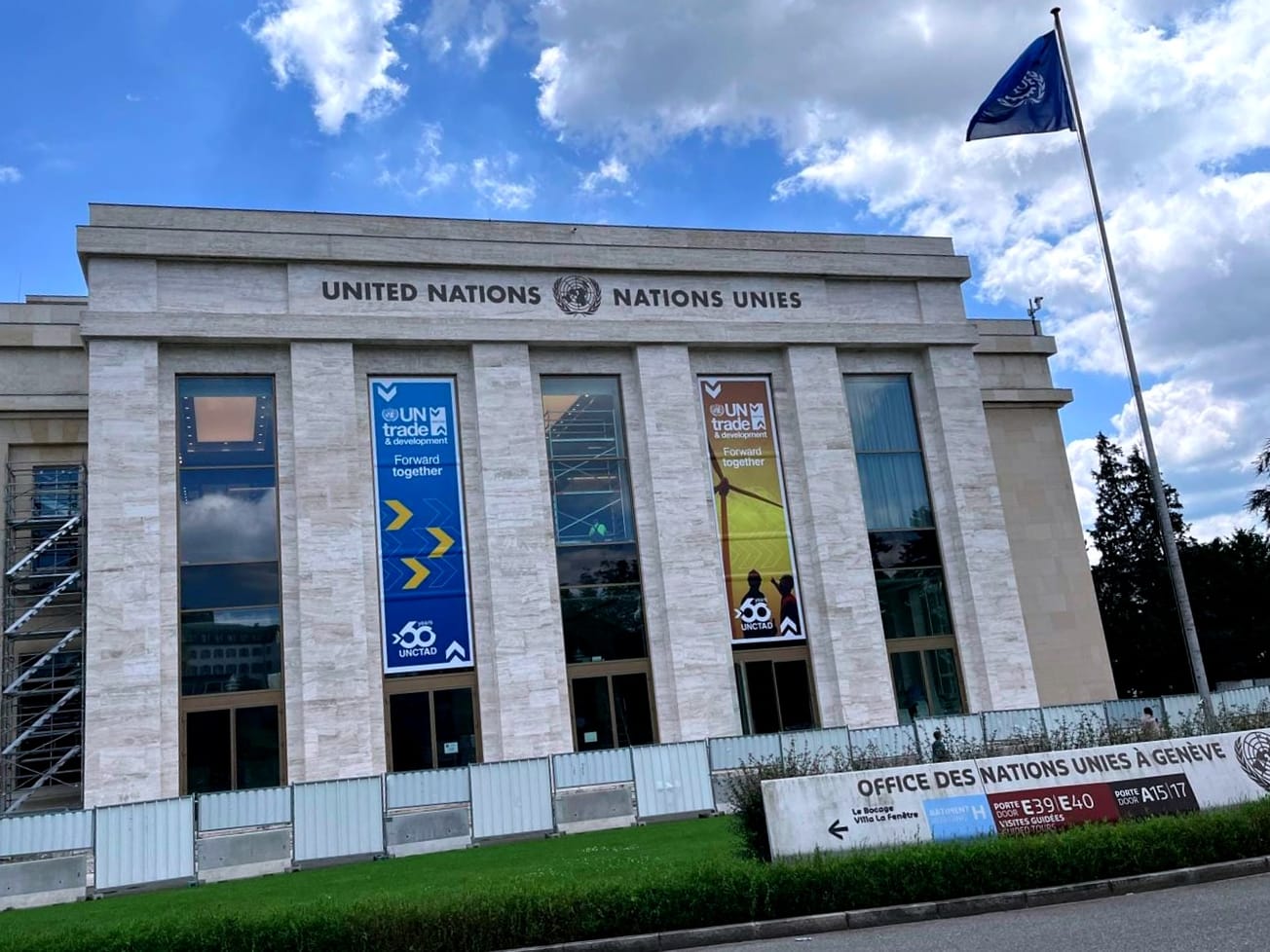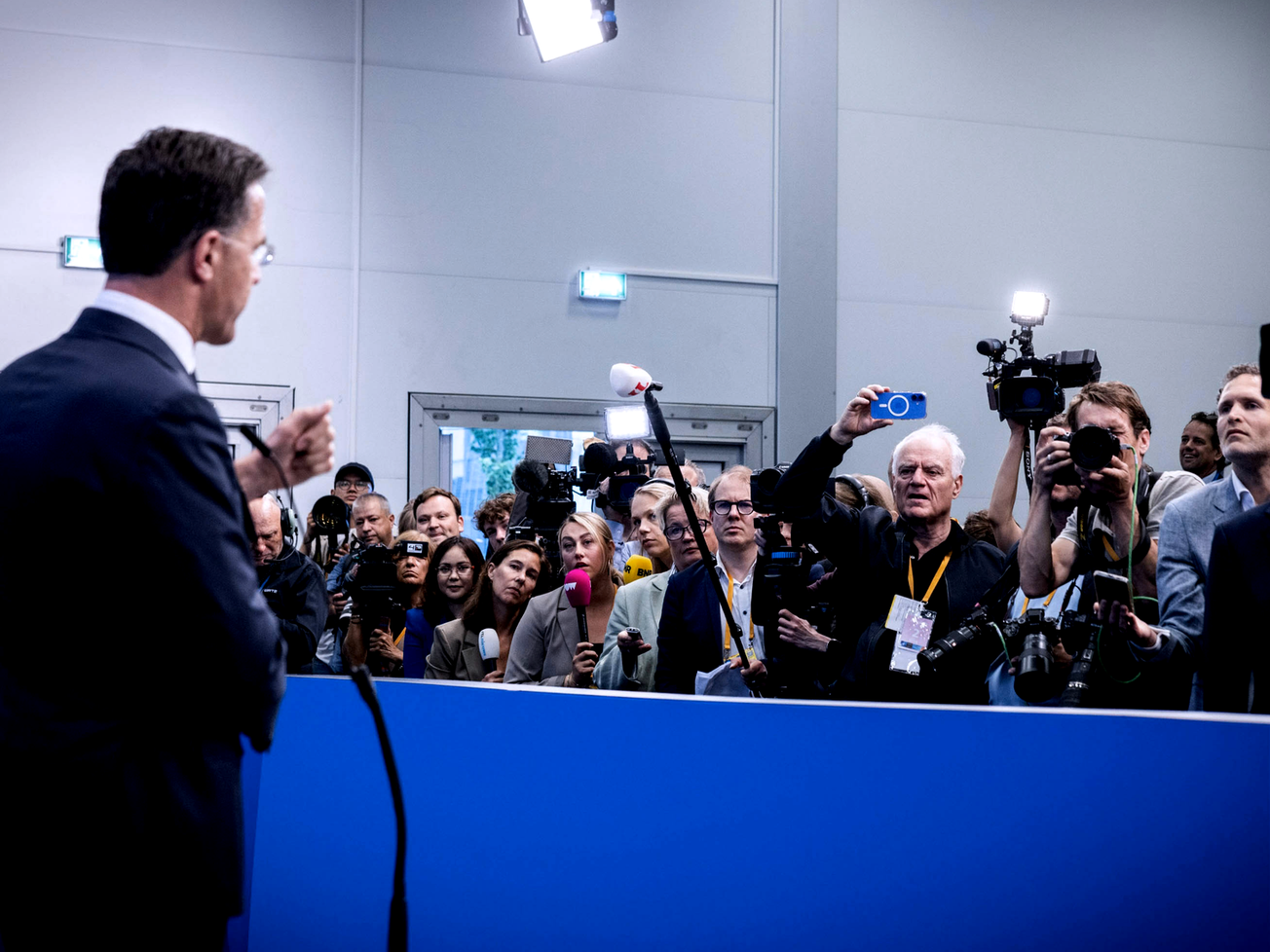GENEVA (AN) — The International Federation of Red Cross and Red Crescent Societies said Venezuela's government and opposition will allow it to deliver emergency aid.
The decision announced on Friday marks the first time President Nicolás Maduro's government has essentially acknowledged that his nation's economy has all but collapsed and Venezuelans who cannot flee are in the grips of a severe humanitarian crisis, reeling from lack of food and other basic services.

